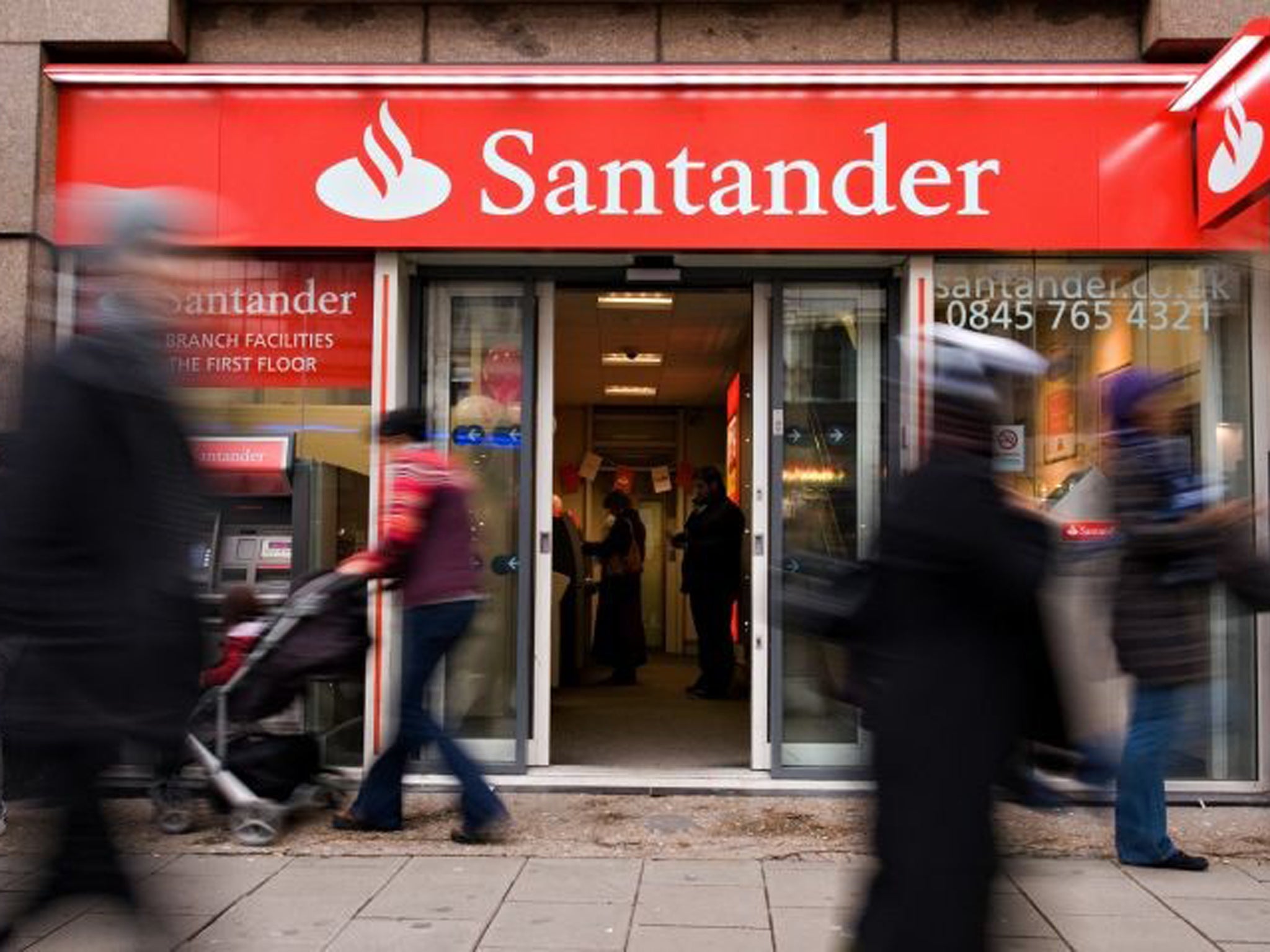Julian Knight: Packaged bank accounts - a marketing triumph
Clever move could open the way for general current account charges

Santander was the first big-name bank last year to say it is pulling out of the packaged current account market. This week this move was finalised. These accounts charge a monthly fee in return for alleged souped-up customer service and lots of insurance policies, such as travel or mobile phone cover.
I have always thought them to be a triumph of marketing, with much of the insurance policies very basic and potentially replicating cover you have elsewhere, for example through a standard home insurance policy.
Packaged accounts have attracted the ire of both regulators and consumer groups, but hundreds of thousands have been persuaded to pay for current account services which they used to get for free.
However, there is more than a hint of mis-selling about many of these packaged accounts – particularly the first-generation ones – and there have been rumours of the no-win, no-fee law firms looking at them as a potential means of attack against the banks, much as we have seen played out with payment protection insurance. The only thing that has probably gone against legal action in the past is the fact that the monthly fees are generally quite low, so the no-win, no-fee firms may find it difficult to make legal action pay for them.
Santander's exit from this market has to be seen against this backdrop, and ultimately they may not be the only bank to take flight.
But longer-term, what could the retreat of packaged accounts mean for the rest of us? Oddly enough it may hasten the day when we all have to pay a fee for current account services, because if the banks are scared out of this sector they may move to a more general charge.
Many of the bankers I talk to have for a long time wanted to charge us for using a current account, citing the example of continental countries and the US, where monthly account administration fees, or ATM charges are commonplace.
Of course their narrative is very selective, because UK consumers are much more likely to buy other more lucrative financial services – such as loans and mortgages – from their bank than in other global markets. As a result the current account is a loss-leader, in retailer speak, but the banks would rather you paid for the service and also bought their other products too.
Inflation tax
Just finishing Pete Comley's Inflation Tax: the Plan to Deal with the Debts. It's a well-argued analysis of how generations of politicians have used inflation as a means to disguise state inefficiency and overspending. It goes like this: the Government (of all political hues) splurges and then uses inflation to tax the savings and pensions of individuals while at the same time devaluing the pile of debt they have accumulated. We are currently still splurging – yes, despite talk of austerity – and inflation is heading our way down the line.
Join our commenting forum
Join thought-provoking conversations, follow other Independent readers and see their replies
Comments